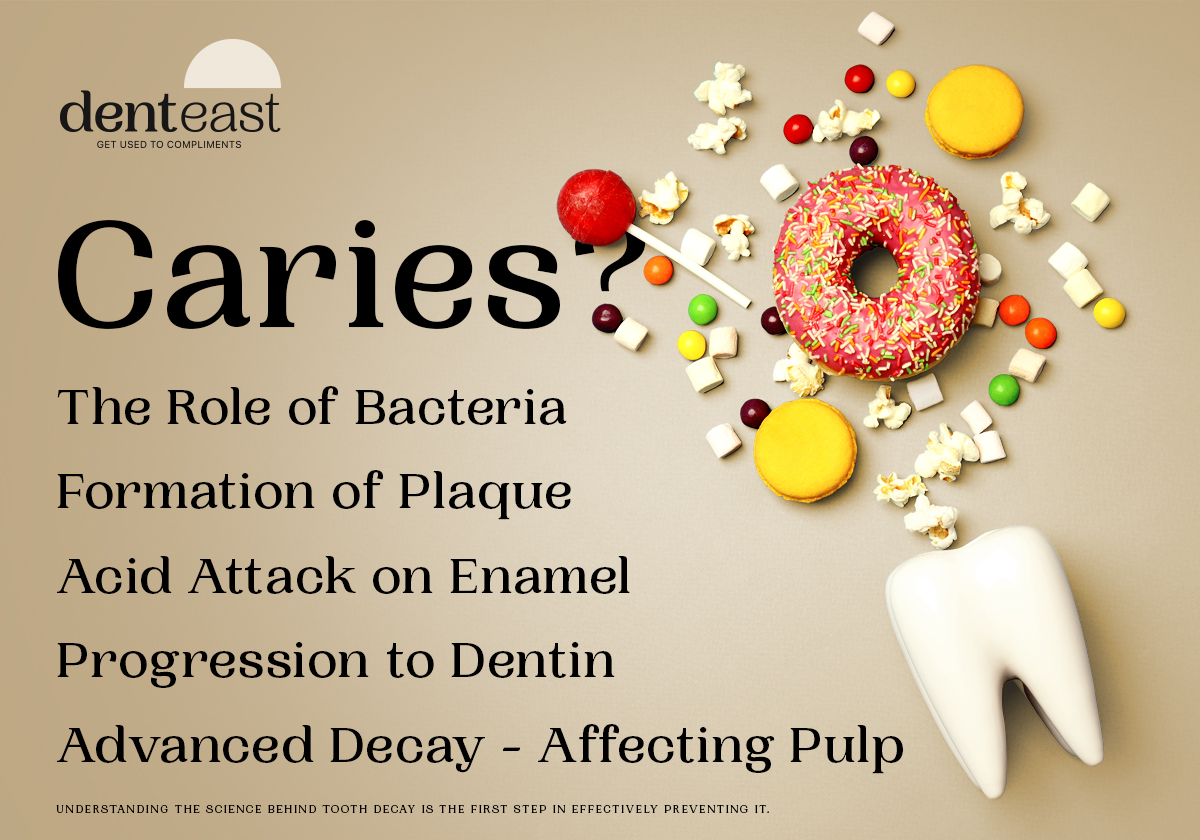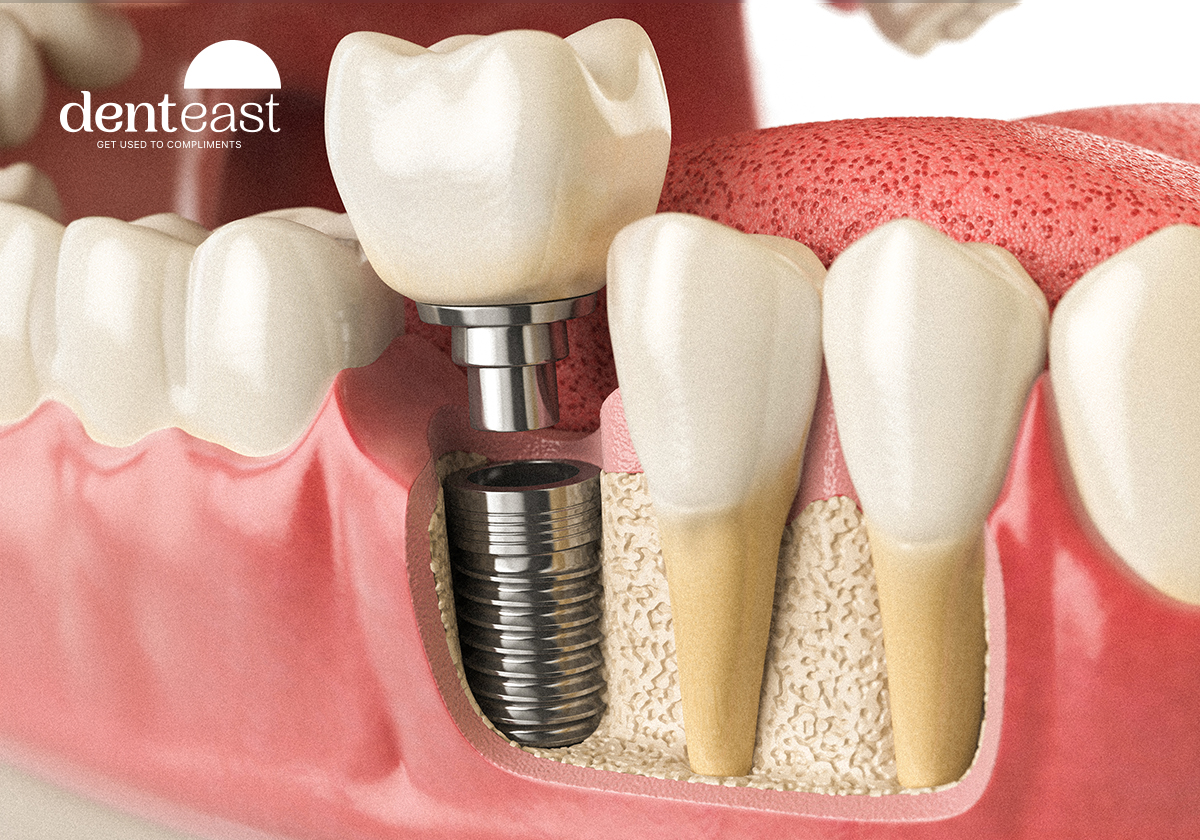Tooth decay, also known as dental caries, is one of the most common health issues globally, affecting individuals of all ages. Despite its prevalence, many people don’t fully understand the science behind tooth decay and how it develops. In this blog post, we’ll delve into the intricacies of tooth decay, exploring its causes, development, and most importantly, how to prevent it.
What is Tooth Decay?
Tooth decay is the process that results in the destruction of tooth enamel, the hard outer layer of teeth. It is a multifactorial disease involving bacteria, dietary sugars, and a susceptible tooth surface.
How Does Tooth Decay Develop?
- The Role of Bacteria: Our mouths are home to various types of bacteria. Some of these bacteria, particularly those in the group known as mutans streptococci, play a direct role in tooth decay. They thrive on the sugars and starches in the food we eat.
- Formation of Plaque: When these bacteria metabolize sugars from our diet, they produce acids. These acids combine with food particles, saliva, and bacteria to form a sticky film known as dental plaque. This plaque adheres to the teeth surfaces.
- Acid Attack on Enamel: The acids produced by bacteria in plaque start to erode the mineral structure of the tooth enamel in a process called demineralization. This erosion leads to the formation of tiny holes or cavities in the enamel.
- Progression to Dentin: If left untreated, the decay process can progress beyond the enamel to the underlying dentin, which is softer and less resistant to acid. Dentin also contains tiny tubes that communicate with the nerve of the tooth, and when decay reaches the dentin, it often results in tooth sensitivity.
- Advanced Decay – Affecting Pulp: The most advanced stage of tooth decay occurs when the decay reaches the pulp of the tooth, where nerves and blood vessels reside. This can lead to severe toothache, infection, and abscess.
Steps to Prevent Tooth Decay
- Maintain Good Oral Hygiene: Brushing your teeth twice a day with fluoride toothpaste and flossing daily helps remove plaque and prevent tooth decay.
- Regular Dental Check-ups: Regular visits to your dentist for check-ups and cleanings are crucial. Dentists can spot early signs of decay and take preventive measures.
- Balanced Diet: Limiting sugar intake and eating a balanced diet is key. Foods rich in calcium and phosphorus can help remineralize enamel.
- Fluoride Treatments: Fluoride helps strengthen enamel and make it more resistant to acid. Using fluoride toothpaste and mouth rinses, and getting professional fluoride treatments can offer extra protection.
- Dental Sealants: Sealants are protective coatings applied to the chewing surfaces of back teeth (molars) and are effective in preventing decay in these susceptible areas.
- Chewing Sugar-Free Gum: Chewing sugar-free gum, especially those with xylitol, can stimulate saliva flow, helping to neutralize and wash away the acids produced by dental plaque.
Conclusion
Understanding the science behind tooth decay is the first step in effectively preventing it. By maintaining good oral hygiene, making smart dietary choices, and seeking regular dental care, you can significantly reduce your risk of developing dental caries.
Remember, a healthy smile is a reflection of good overall health, and preventing tooth decay is an integral part of maintaining your dental and overall well-being.



